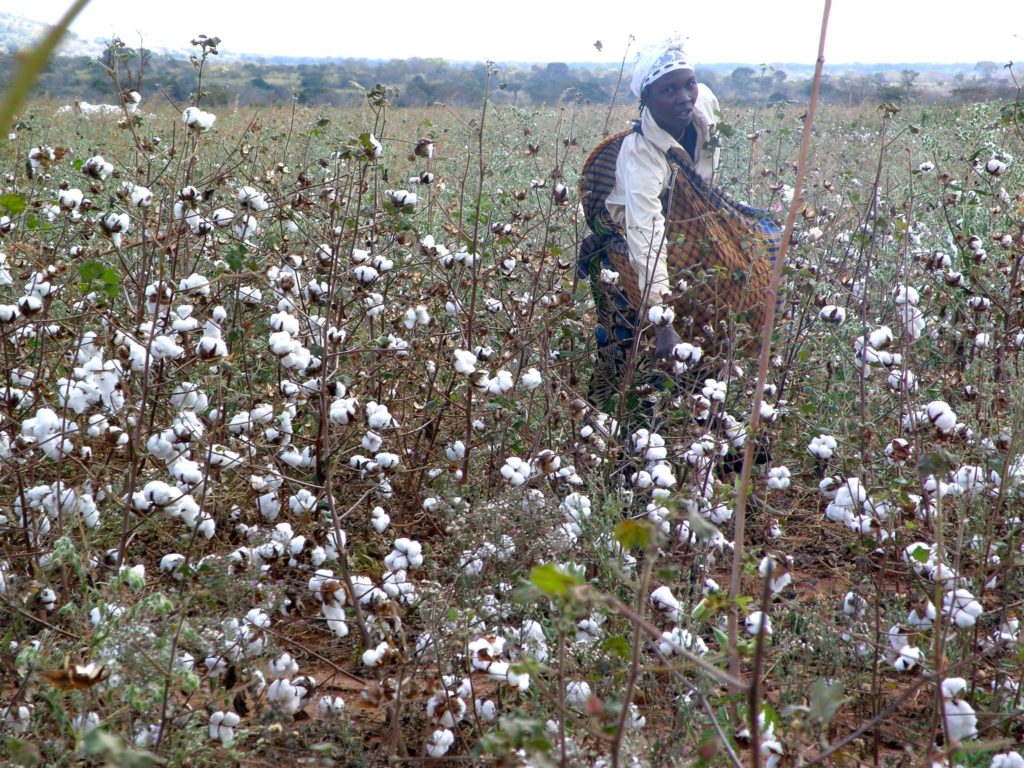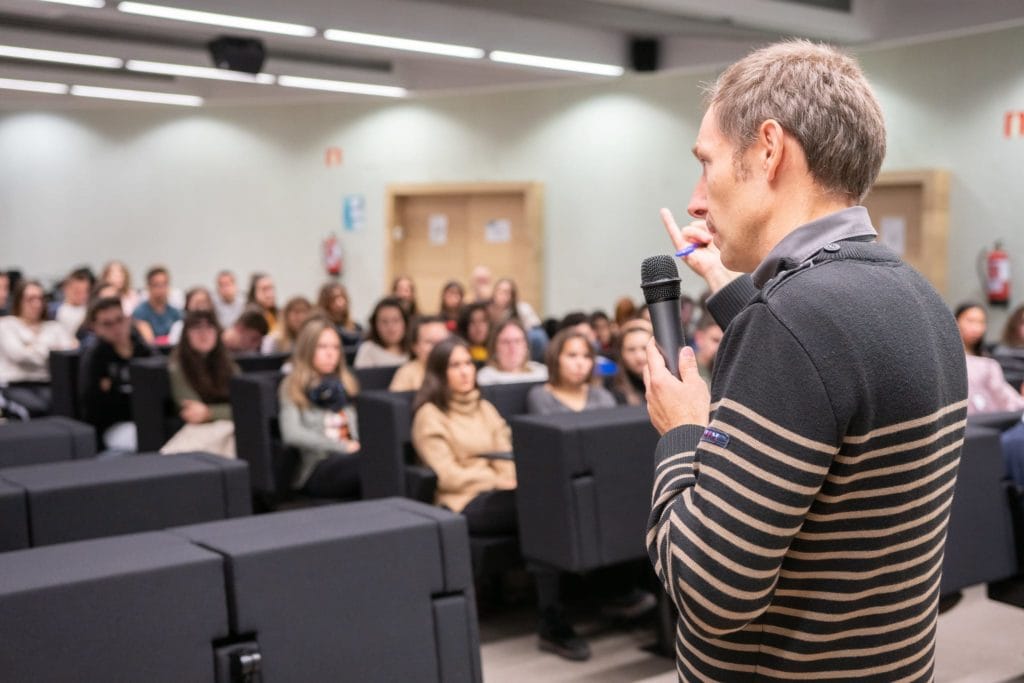Life expectancy, education, food, housing, and other basic indicators show that more than 1 billion people around the world live in a situation of extreme need. Additionally, nearly 2 billion more live under difficult conditions, struggling to get by, even if they are not in extreme poverty.
However, what we want to highlight here is something else: the vast majority of these people work. Most of them start working at a younger age than we do and never have the chance to retire—they keep working until the end of their lives. They work more hours and, in general, do harder jobs than we do. Yet, they barely manage to earn enough to survive.
That is the root of global poverty. It’s not because people are idle, but because they do not earn enough from their work.
Most of these people work in agriculture, while others sell food on the street, drive bicycle taxis, clean other people’s homes, or perform other tasks. Whatever their job, they often have limited tools, no formal training, almost no capital, and they work alone or in small groups.
When a person farms using nothing more than a machete or hoe—without a tractor, without a mule, without irrigation, at the mercy of the rain, without fertilizer—and can only sell their harvest at the local market… under those conditions, is it any wonder that despite all their effort, the returns are minimal?
For a society to progress, it is essential that workers earn a fair return from their labor. Just read TU-Lankide to see how seriously we take this issue. Here, we are constantly seeking new markets, inventing new technologies, buying new tools and machinery, pursuing education, or implementing new forms of organization.
When we created Mundukide, we were fully aware that, just as the development of our country depended on workers making the most of their labor, the same principle applied to the development of other countries: it is crucial that working people own their labor and can work effectively.
In a society with almost no capital, technology, training, or effective organization, a little external support can make a big difference in getting things moving.
For example, in Brazil, where millions of people once had no land or employment, the Movimento dos Trabalhadores Sem Terra (MST) was formed 40 years ago. Since then, they have obtained land for hundreds of thousands of people. And in recent years, thanks to collaboration between MST and Mundukide, we’ve worked to find new markets for their products, improve accounting in their cooperatives, and install ERP systems in the more advanced ones.
Meanwhile, in Mozambique, 70% of the population works in agriculture, yet with so few resources that their annual harvest is worth less than 300 euros. And that’s what a family of 4 or 5 must live on for the entire year. In this context, agricultural organizations and Mundukide have worked together to analyze market demand and promote new crops. A full training system has been developed, neighborhood groups have been organized to buy cheaper tools and seeds, and to sell harvests at better prices… Thanks to all of this, the more than 30,000 families that have participated in the program over the years now earn 6 million euros more per year than before, using new techniques and selling new products in new markets.
The goal of all our programs is to create new opportunities so that working people can benefit fairly from their work. That workers can own the fruits of their labor, without having to depend on anyone. That even after the program ends, they continue working and that the benefits are enough to improve both their lives and their communities.
The importance of work and of workers in the development and well-being of societies is too often overlooked. Few development NGOs specialize in labor-related issues, and it’s probably no coincidence that one of the few that does was born in our region.
Let us proclaim loud and clear that all workers around the world have the right to live with dignity from their work. Let us promote solidarity among workers. Let us share our experience and resources with those who need them most. Let us offer new opportunities to those who have had too few until now—so they too can live from their work and build better societies.

